Facing an Order of Protection in Illinois can be an overwhelming situation. Often linked with domestic battery allegations, an OOP could impose restrictions on your life that you’ve never considered before. To effectively navigate the process, it’s essential to understand what an OOP involves and what steps you need to take to protect your rights.
What Happens if Someone Gets an Order of Protection Against You in Illinois
This guide explains the following:
- What an Order of Protection means
- The immediate consequences of an OOP
- How to respond when an OOP is issued against you
- The role of a criminal defense lawyer
Here’s a closer look at each.
What an Order of Protection Means
In Illinois, an Order of Protection is a court order intended to protect one person from another’s actions, often involving domestic abuse or harassment. This order can be issued based on several factors, such as threatening, intimidating, or causing physical harm to a family or household member.
Related: How does a domestic battery charge impact child custody?
The Immediate Consequences of an OOP
When an OOP is issued against you, it can have immediate and significant impacts. Depending on the specifics of the order, you may be required to avoid any contact with the person who requested it, even if you live together. This might mean moving out of your shared home or changing your daily routine to avoid crossing paths. Violating these conditions can result in serious penalties, including criminal charges.
How to Respond When an OOP is Issued Against You
After receiving an OOP, it’s crucial to respond appropriately. Don’t violate the order, even accidentally. This includes refraining from any direct or indirect contact with the person who requested the order. Begin documenting any potential evidence or witnesses that could support your case. Always remember to consult with an attorney before proceeding with any action.
Related: How to defend against false allegations of domestic battery in Illinois
The Role of a Criminal Defense Lawyer
A criminal defense lawyer can provide invaluable guidance during this challenging time. They’ll help you understand the specifics of the order, represent you in court, and develop a legal strategy aimed at protecting your rights and interests. By scrutinizing the details of your case, they can highlight inconsistencies or inaccuracies in the allegations, providing a robust defense against the charges.
FAQ About Orders of Protection in Illinois
Check out these commonly asked questions about Orders of Protection in Illinois. If you don’t see the answers here, please call our office and we’ll get you the information you need.
Q: How long does an Order of Protection last?
A: The duration of an OOP can vary based on the specifics of the case. It can last anywhere from two weeks (emergency order) to up to two years.
Q: Can an Order of Protection be appealed or modified?
A: Yes, with the assistance of an attorney, you can request a hearing to modify or dismiss an OOP.
Q: What should I do if I’m falsely accused of domestic battery?
A: Consult with a criminal defense lawyer immediately to protect your rights and start building your defense.
Related: What to do if you’re arrested for domestic battery
Understanding the implications of an Order of Protection in Illinois can help you deal with it appropriately. And, with the aid of an experienced criminal defense lawyer, you can confidently navigate the process and secure the best possible outcome for your situation.
Do You Need to Talk to an Attorney About Domestic Battery Defense?
If you need to talk to a domestic battery defense attorney in Illinois, we’re here to help. Call us at 847-920-4540 now – we’ll be happy to give you a free consultation and talk to you about your options.

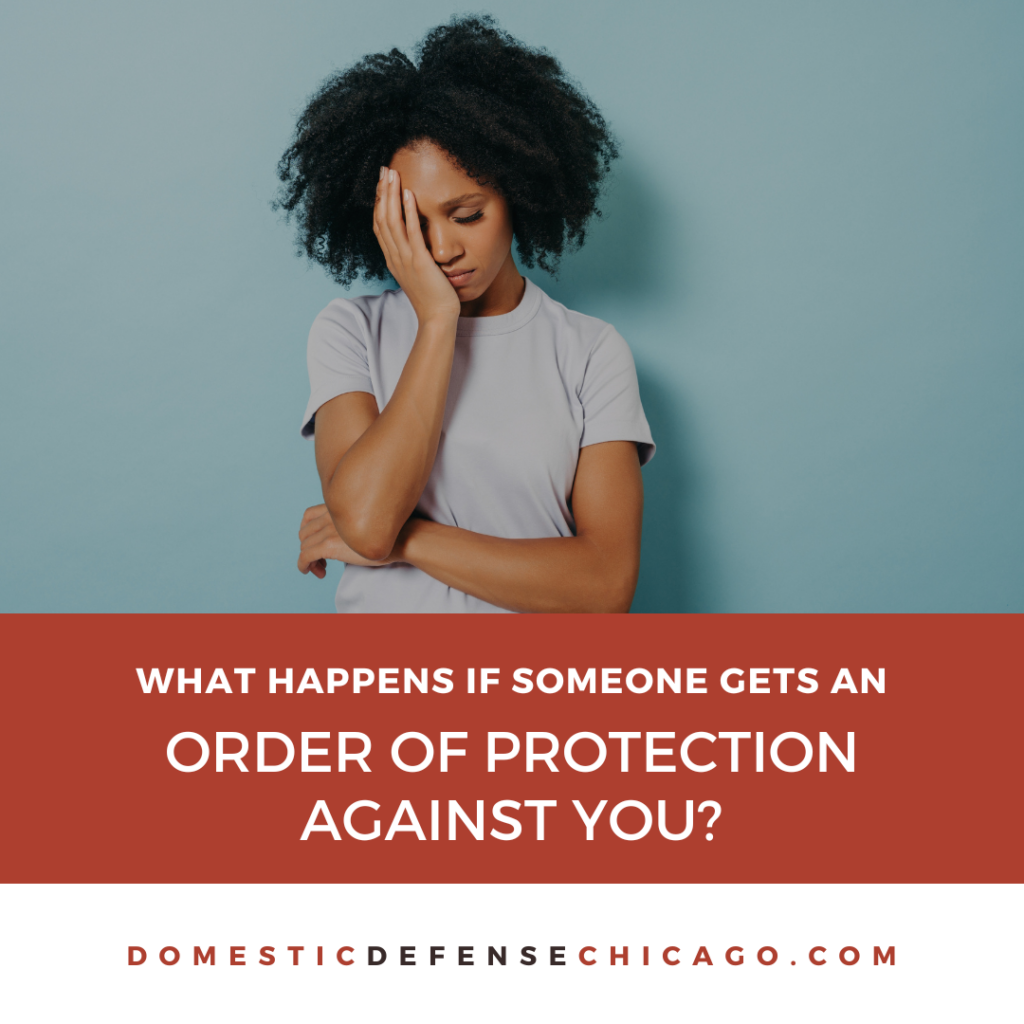
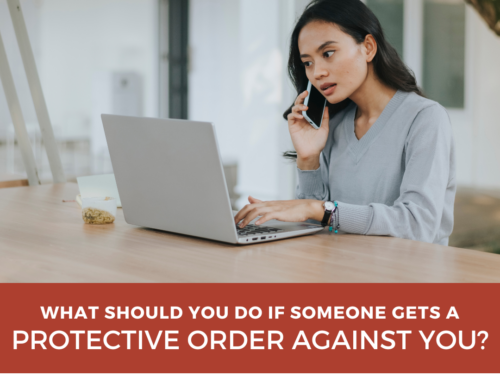
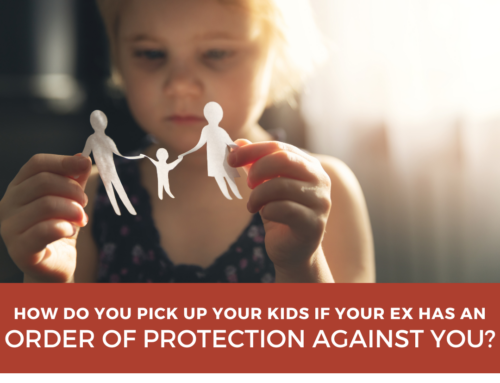
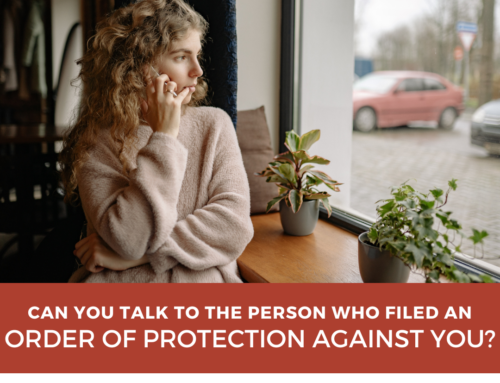
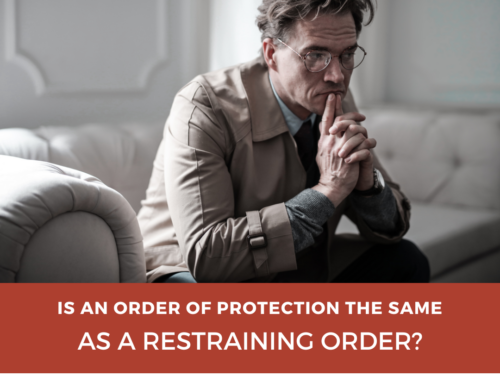
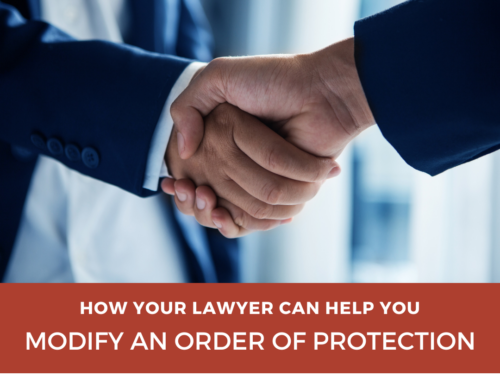
Leave A Comment
You must be logged in to post a comment.